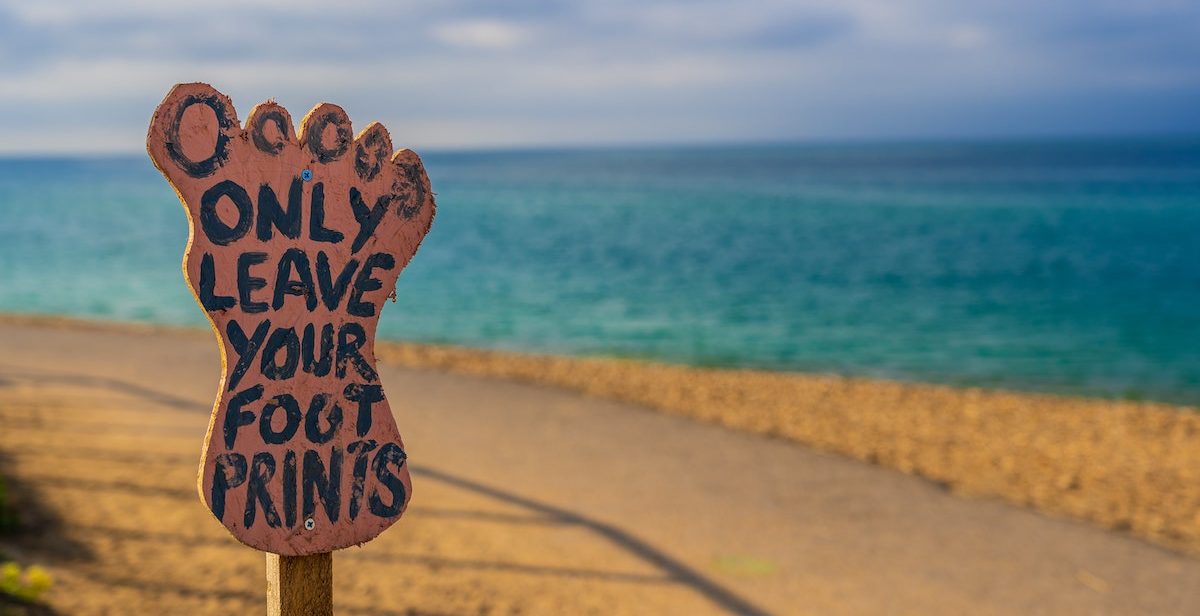In a sustainable business, there is a balance between environmental concerns, social issues and profitability. Sustainable business owners consider future generations just as much as the present one. Sustainability is becoming more and more important to customers. In short, a kinder business attracts more clients. The challenge is balancing profit with sustainability. So what makes a business sustainable?
A sustainable business model is one that generates value for everyone. It doesn’t drain the resources that help create it. It turns a profit quickly and can exist long-term.
The borrow-use-return model
Finite resources limit businesses. And so do high prices and environmentally harmful resources. For example, while palm oil production is cheap, the environmental cost is extremely high.
Some argue a truly sustainable business is one that gives as much as it extracts. This is called the ‘borrow-use-return’ model. A sustainable business ‘borrows’ resources with the intention of replacing them. And this responsible consumption benefits both business and customers.
Sustainable strategies
Effective sustainable strategies start with an organisation’s purpose. Lia Colabello, managing principal of Plastic Pollution Solutions explains: “a strategy can emerge that engages the entire brand ecosystem internally; the supply chain, its communities and its industry”. Communication happens both internally and externally. And this generates transparency, which results in trust.
Closed-loop production systems
A ‘closed-loop production system’ is another great sustainable approach for businesses. When we see waste from production and unused products as resources, we can use them again. It’s also important to remove harmful chemicals from the production process.
The benefits
There are many benefits of sustainable businesses. Cutting down on waste in energy, resources and employee time saves money. Businesses with sustainable profits attract attention from investors, customers and the media. New jobs such as renewable energy development officers open up. Employees love to work for ethical companies. And happier workers perform better and stick around.
Certified B corporations
But are there really any sustainable businesses out there? The good news is, yes. Have you heard of B corps? A B corp meets high standards in social and environmental performance, public transparency, and legal accountability. And rather than existing solely to make money, a B corp balances purpose and profit. There are 4,000 certified B corps in 77 countries. And that includes well-known brands such as Patagonia clothing company and Ben and Jerry’s ice cream. In fact, there are over 400 B corps in the UK alone.
Sustainability within businesses is the ultimate win-win situation. Morale and productivity improve as sales and costs decrease. The company, the environment and society all benefit. Sustainability doesn’t only create a better future, but also adds value to a brand. As consumers, we are becoming more and more ecologically conscious. Sustainable businesses have a competitive edge. In other words, sustainability sells.

